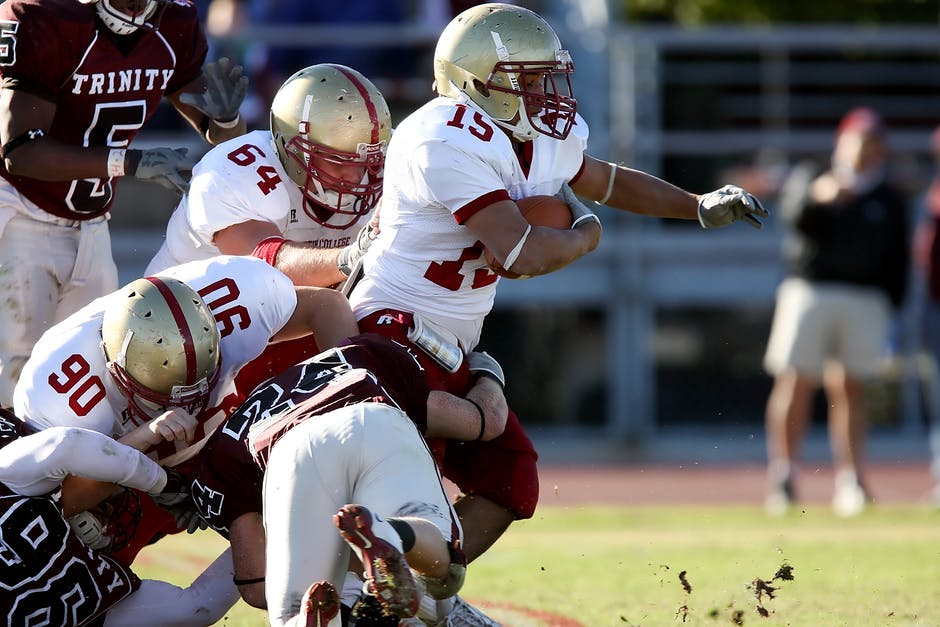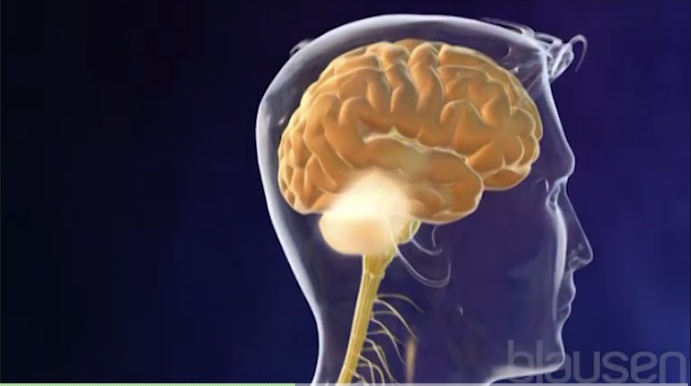
It’s been reported that high school athletes sustain an estimated 300,000 concussions per year, and as certified life care planners, we see the number of concussions cases rise each year. So it’s no wonder that whether it’s soccer, football, wrestling or some other sport, teens and parents are becoming increasingly concerned with the prevalence and effects of concussions in high school athletes. Coaches and caregivers want to know what’s the high school concussion protocol, what to know about a high school football concussion lawsuit, and what are the long term effects of concussions on athletes.
Concussions in High School Athletes: By The Numbers
In 2011, a study found that concussions made up nearly 15% of all sports injuries at U.S. high schools with at least one certified athletic trainer employed. In the same study, 47.2% of the concussions (nearly half) were sustained by football players. Other high-risk sports include ice hockey, cheerleading, lacrosse and soccer. In addition, there may be a problem with students underreporting head injuries after sustaining them, the most common reasons being the athlete thinking the concussion wasn’t serious enough to warrant medical attention or not wanting to be removed from a competition.
High School Concussion Protocol
These numbers may surprise parents and leave them curious about protocols and precautions in place for concussions in high school athletes. As far as awareness goes, it’s important that students, teachers, parents and coaches alike understand that:
- All concussions should be taken seriously.
- A concussion can occur without loss of consciousness (in fact, most do).
- Athletes of ANY sport are susceptible to concussions.
- Proper assessment and treatment after a concussion can be vital to a player’s health.
The CDC recommends this four-step high school concussion protocol be implemented when it’s suspected that a concussion has been sustained:
- Remove the player from the game or practice session. Look for and take note of any concussion symptoms (e.g. cause of injury, any loss of consciousness and for how long, memory loss, etc.)
- Ensure the player is evaluated by a professional trained specifically in concussions.
- Let the player’s parents know about the possible concussions and that he or she should be evaluated by a professional trained to evaluate concussions.
- Do not let the player return to play on the day of injury and until a professional trained to evaluate concussions says it’s OK.
High School Football Concussion Lawsuit: The Role of an Expert Witness

In many cases, concussions in high school athletes lead to court cases, especially when the above protocol is questioned. In such cases, medical expert witnesses are vital to giving the court a clear and unbiased explanation of the injury and its consequences.
Here are three important pieces of information an expert witness like those at Cardinal LifeCare Consulting can provide in a high school football concussion lawsuit:
- Explaining how the sports injury caused the concussion. The jury may be confused or unsure how an accident or collision in football could cause a concussion. A medical expert can use visual aids and easy to understand language to explain how an injury might result in concussion.
- Explaining the medical consequences of a traumatic brain injury (TBI). Most juries, because they are not medical professionals, don’t understand the full scope of consequences of a concussion. There may be no outward signs of an injury (like a bandage or a cast as with other injuries) so it’s difficult to comprehend the extent of the medical problems. A medical expert witness will be able to explain what effects the injury has on an athlete that are not visible to the naked eye.
- Explaining the recovery process and treatment options. It’s important to understand the long-term effects that a concussion can have on the life of a high school athlete. Will he or she be able to play this sport again? Will he or she require extensive therapy? Will he or she be able to lead a normal life in the future? These are all questions that affect the outcome of a case and that a life care planner can help answer.
The CDC notes two important facts:
- Athletes who’ve already had a concussion have a greater chance of sustaining another one.
- Not only are teens and young children more likely to sustain a concussion, but it can take them much longer to recover than adults.
So, concussions in high school athletes should be taken seriously, and expert witnesses and life care planners help make sure that happens in the courtroom.
Concussions in the NFL
Obviously, the traumatic brain injury problem in athletes is not restricted to the high school level. Professional football players suffer incredibly serious consequences as a result of concussions. The Journal of Legal Nurse Consulting lists chronic traumatic encephelopathy (CTE) and post-traumatic brain syndrome (PTBS) as just two of many serious conditions related to concussions. Concussion symptoms include persistent pain, trouble sleeping and remembering things, anger, anxiety, depression and so much more. Yet, the medical and legal communities still have a long way to go before the implications of a TBI are fully recognized in the courtroom. Trained expert witnesses can make those implications clearer.
Effects of Concussions on Athletes
The effects of concussions on athletes vary based on the severity of the injury and the individual who sustained it. Some of the most common symptoms reported are problems with attention span, short term memory loss, and trouble making decisions. It’s also common to experience depression, anxiety or aggression—often as a response to those memory and reasoning problems.
For athletes specifically, things like slower reaction times and dizziness could make it difficult to return to the sport without proper care and therapy. For all adults, concussions could affect your daily routine, like driving a car or returning to work. It’s very important that anyone with a concussion get the proper help to aid in recovery.
Nursing Care Plan for Concussions
Considering the effects of concussions on athletes, a nursing care plan is a logical step for those who have a TBI. For those in litigation or dealing with insurance companies, a life care plan is a clear way to make sense of the care requirements of the individual and prevent further complications.
These are all possible things one might find in a nursing care plan for concussions or TBIs:
Assessments. The individual will need to be evaluated for physical, cognitive and emotional needs to determine the level of care needed. These evaluations may include:
- Rehabilitation assessment
- Psychological evaluation
- Nutritional evaluation
- Communication assessment
Accessible devices. If the patient has limited mobility or struggles to perform daily tasks independently, the life care plan may include accessories to assist him or her, including:
- Wheelchairs
- Shower wheelchair & tilt
- Wheelchair carrying pack & accessories
- Wheelchair ramp
Rehabilitation. Depending on the outcome of the assessments, the individual may require professional help, including:
- Physical therapy
- Occupational therapy
- Speech Therapy
- Individual counseling
- Family counseling & education
Still, all of this might only scratch the surface as far as possible requirements go in a nursing care plan for concussions. The long-term effects of a concussion require monitoring and its possible that life care planners would recommend the individual to be seen by pain management specialists, psychiatrists, neurosurgeons and other doctors, as well as purchase home care equipment if necessary.
Contact Cardinal LifeCare Planning for More Information on Long-Term Concussion Care
Time is of the essence when it comes to treatment of a TBI and it’s vital to making sure the injury is not further complicated. If you have a question about a concussion or brain injury in your legal case, our experts can help you understand the medical implications. Please reach out through our contact form or call us at 724.487.0519 to speak with a certified life care planner.




